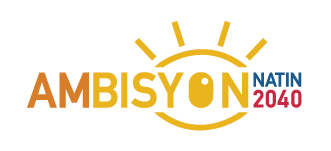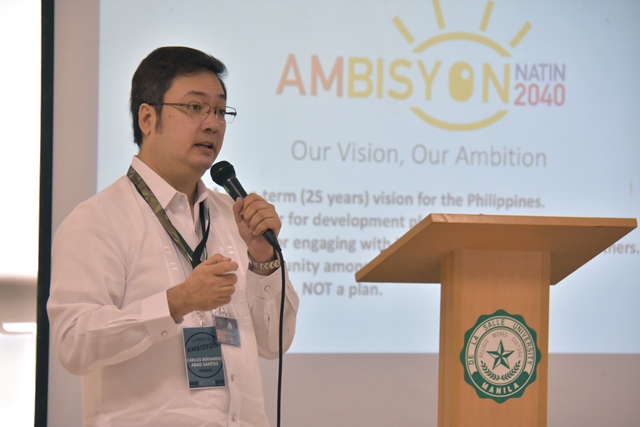
The National Economic and Development Authority (NEDA) partnered with the De La Salle University School of Economics Student Government (DLSU-SEG) in conducting the Ambisyon 2017 Case Competition last week.
Inspired by the NEDA’s communication campaign for AmBisyon Natin 2040, Ambisyon 2017 is a university-wide case competition for DLSU students to apply their knowledge in creating solutions to national issues.
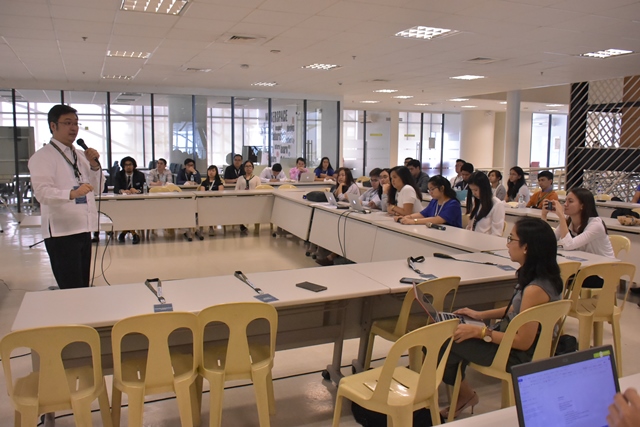
NEDA Assistant Secretary for Policy and Planning Carlos Bernardo Abad Santos served as plenary speaker during the opening program of the Competition last June 9. He presented AmBisyon Natin 2040 and the Philippine Development Plan 2017-2022.
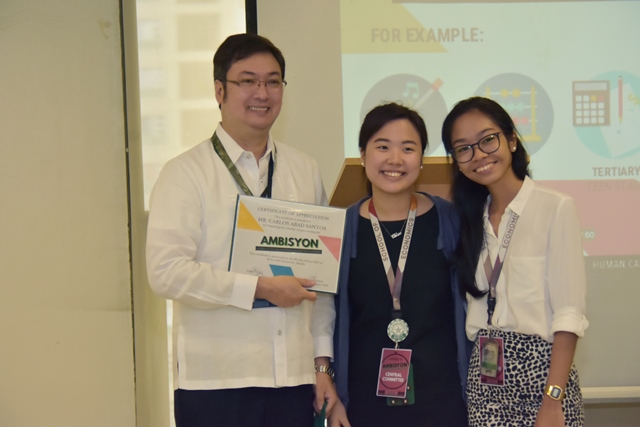
Asec. Abad Santos also presented the case problem and challenged the participants to think of solutions to increase government spending on social development programs.
The case problem was based on a research paper by NEDA Undersecretary for Policy and Planning Rosemarie Edillon titled, “From Global Norms to National Implementation: Tackling Poverty through Human Capital Formation, the Case of the Philippines.”
The said paper was presented to the United Nations Department of Economic and Social Affairs (UNDESA) earlier this year.
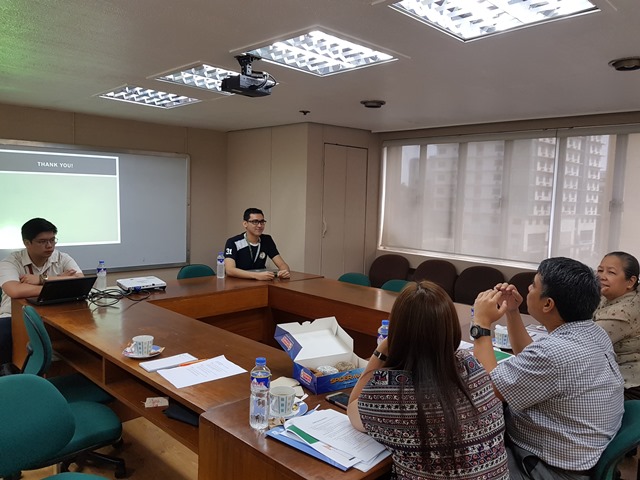
Meanwhile, NEDA managers mentored the participants on their proposed solutions regarding the case competition at the NEDA Central Office last June 15.
The following mentors served as panelists during the mock case presentations of the participants: Assistant Director Bien Ganapin of NPPS, Director Brenda Mendoza of TSIS, Ms. Diane Llanto of ANRES, Ms. Michele Ardales of GovS, Director Nerrisa Esguerra of DIS, Mr. David de Castro of DIS, and Assistant Director Arlene Ruiz of SDS.
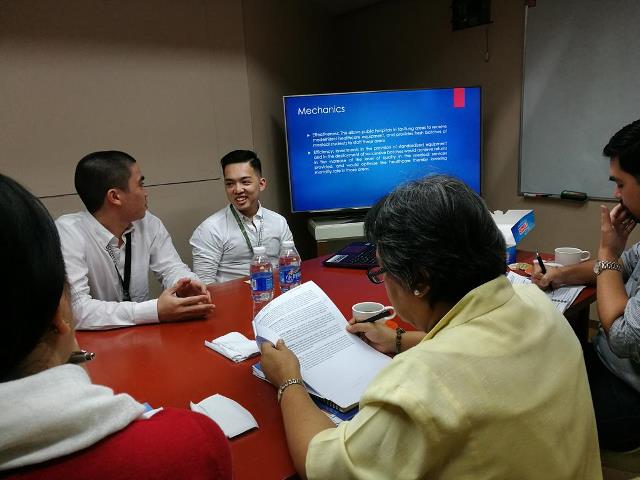
Students Camille Escalante and Jeremiah Domingo of “Team Werk” were declared winners of the Ambisyon 2017 Case Competition last June 17 at the DLSU grounds. They proposed a social development program that provides Pulso cards to Filipinos.
The Pulso Card is a portable and government-subsidized data storage device that stores updated personal medical information. This way, patients don’t have to fill up personal medical sheets whenever they visit the hospital, and the cards will allow for faster routine doctor consultations.
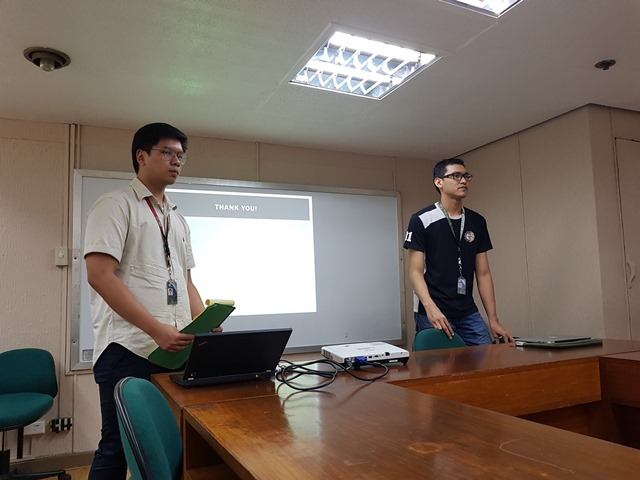
This program aims to lower mortality rate by lessening the fatalities caused by medication errors and misdiagnoses, especially during medical emergencies.
Marianna Antonia B. Diaz, DIS-PRD, loc. 103
Photos by Leody P. Barcelon and DIS-PRD
